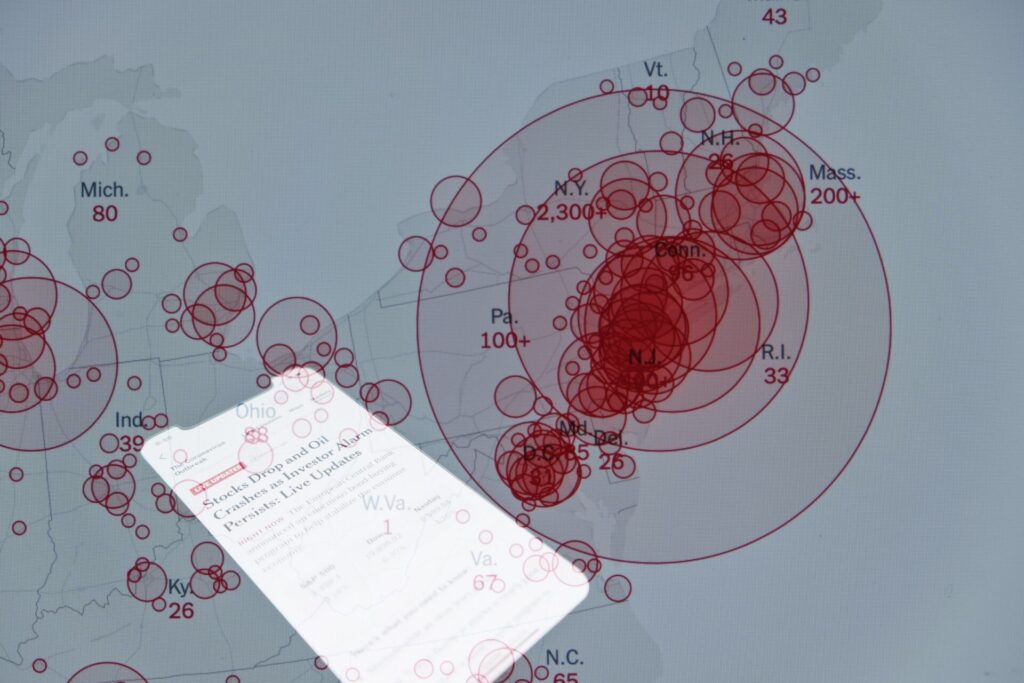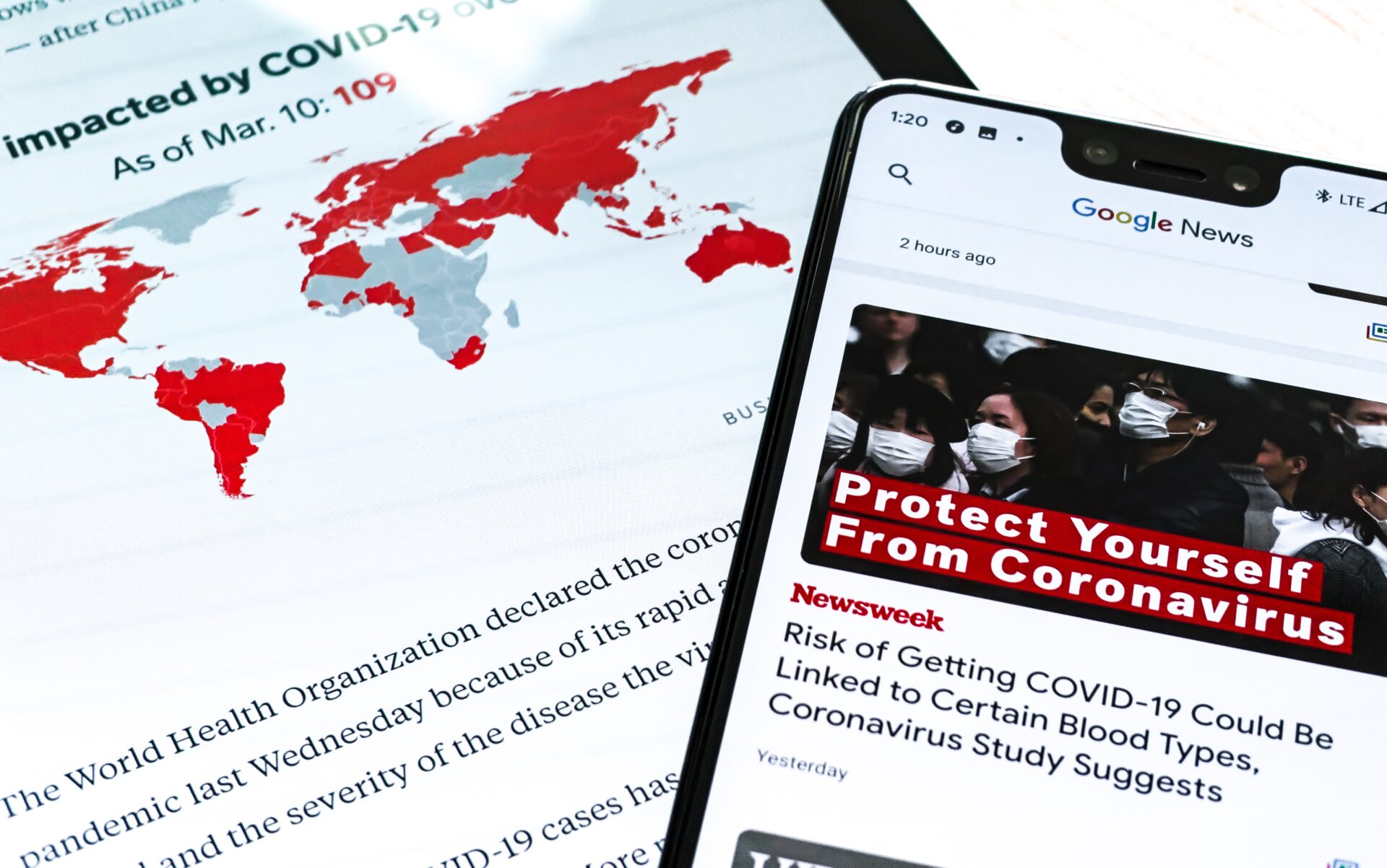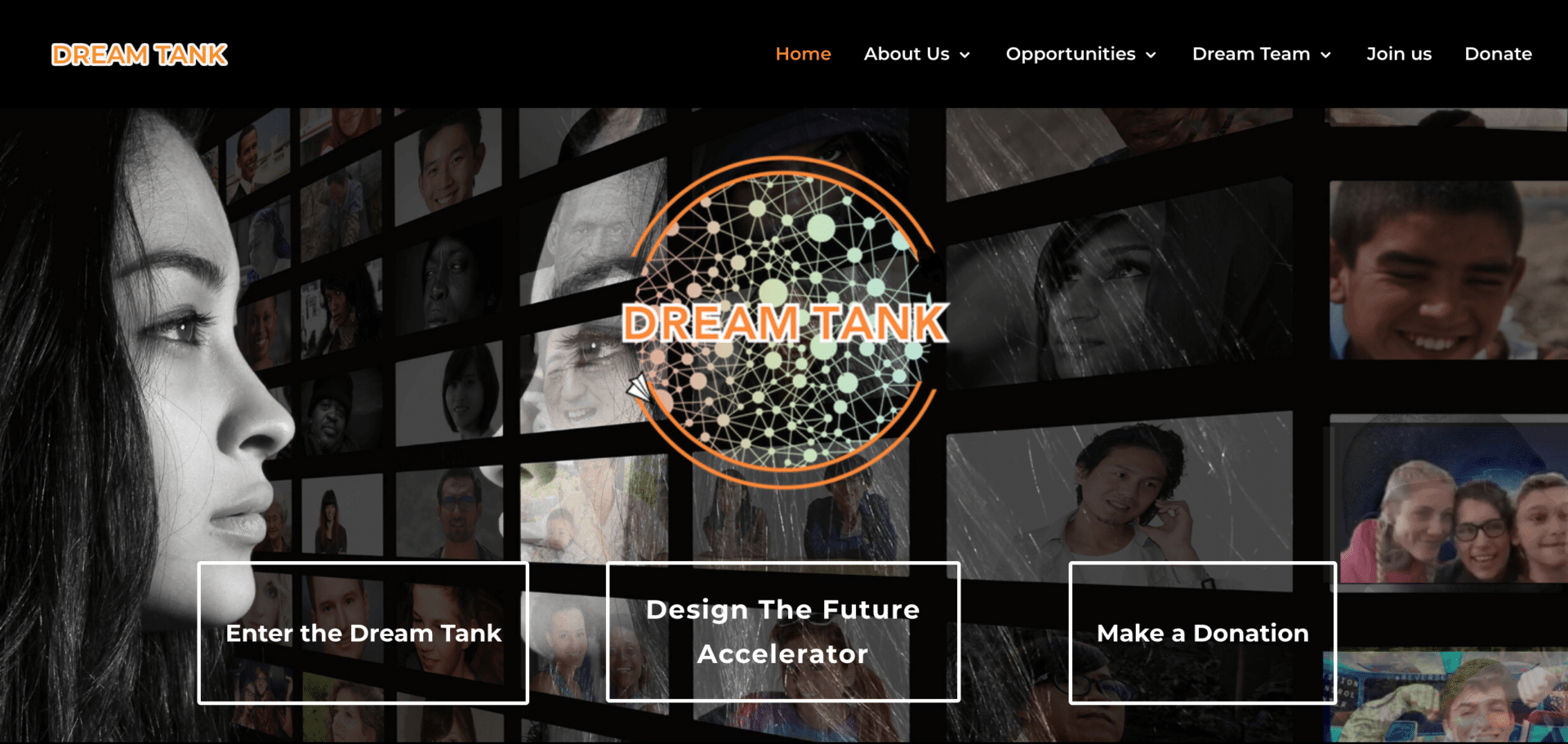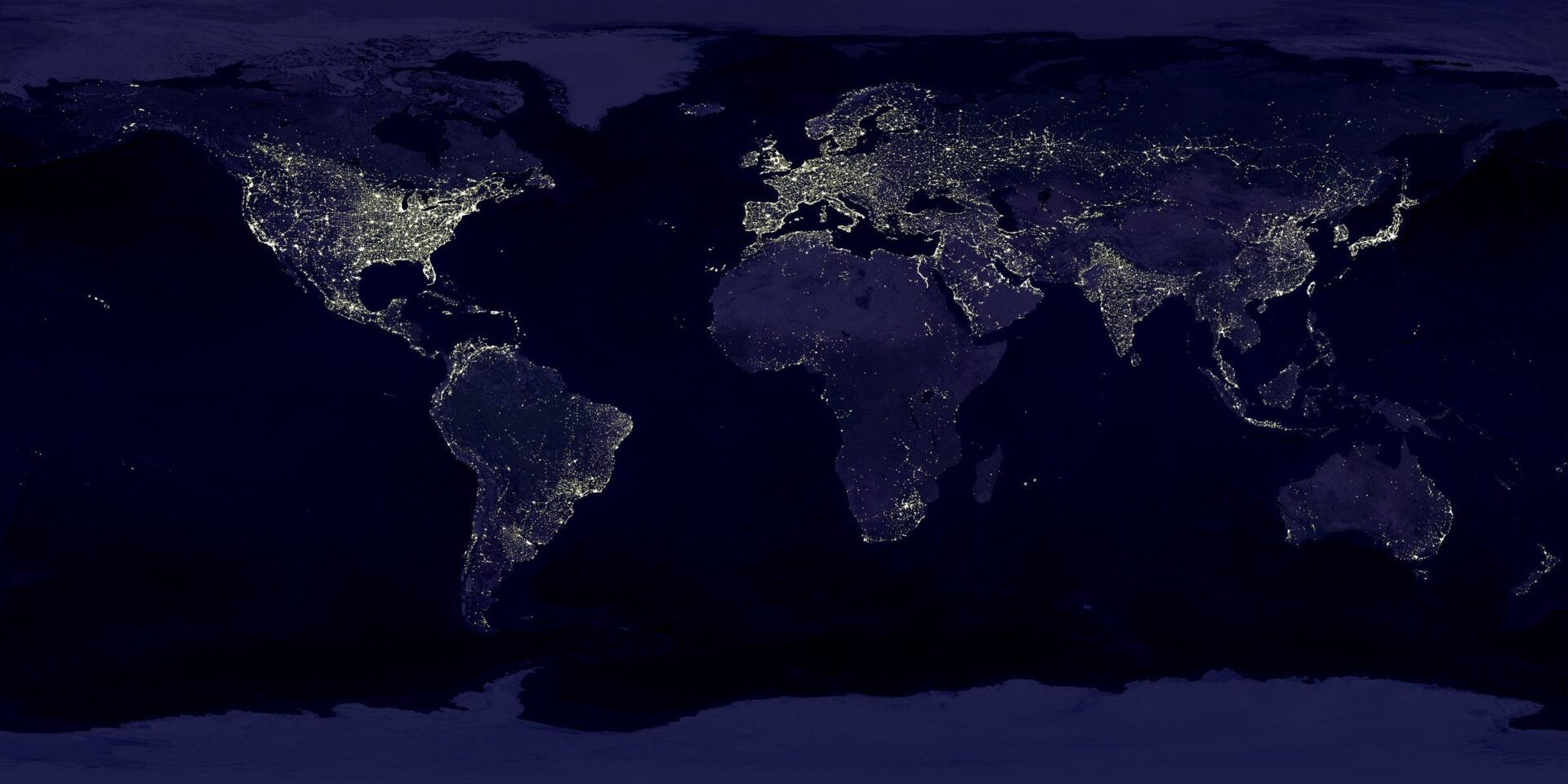The Next Global Crisis: Preparedness through Lessons Learned from the Past and Present
We live in an age of uncertainty where it is difficult to navigate our corporate missions. Our theme for our forum is called “Moving Forward Together in Uncertain Times”. My opening remarks represent my personal views about what it takes to emerge from this current crisis we are all facing.
In 1918, the Spanish Flu infected a third of the world’s population and claimed over 50 million lives. Out of which a total of 18 million lives from India. This is more than total casualties in WW1. India lost 6% of its people in a matter of months. This was a heavy price for one country to pay but Indians emerged out of the crisis stronger and a people of talent contributing significantly to the global economy.
The Spanish Flu Pandemic was a wake-up call to the people of India. It was only then they collectively realized that the British neglected them and they were poorly equipped to save their own lives. This unprecedented loss helped Indians discover their blind spots and rethink and evaluate their strengths and weaknesses. It took a crisis such as this for people to open up to create something new that did not exist before.
The crisis brought an urgency among the people to act as one and galvanize their efforts under Mahatma Gandhi, whose campaigns for freedom went unnoticed and were not previously taken seriously. The crisis empowered Indians to collaborate and overcome the largest empire the world had ever known upon which the sun never set; the pandemic helped fuel the birth of the world’s largest democracy and establish the largest republic on earth.
India is a subcontinent, it houses over 2,000 people groups that are culturally, religiously, ethnically, linguistically, and regionally diverse. The pandemic united the most diverse groups of people on earth under one umbrella and brought down the barriers that enabled a free exchange of ideas for collaboration. The spirit of open innovation was at work. Henry Chesbrough was yet to be conceived who later taught us the principles of Open Innovation and coined the phrase.
The diverse groups of India came together bringing their individual contributions to build a new nation. The surrounding 584 princely states, ruled by various kings, that were not formally part of British India came together and united to establish freedom and independence. The freedom movement, under Mahatma Gandhi who studied the peaceful principles of Jesus Christ of non-violence and turning the other cheek, finally gained its platform.
The crisis motivated the people of India to stop, think, plan, and set goals to move forward with agility and alertness to survive and create something new on their own. At that turning point, freedom gave them the power to equip themselves, contribute, and thrive to a global talent pool in which they began to hold prominent positions in government, academia, and industry. The pandemic was costly but brought out the best in the Indian people.
After moving into academia from a senior corporate officer position at Motorola, First Interstate Bank and Bank of America, I had experienced a few significant catastrophes: 1) The energy crisis of 1979, 2) The Iran Crisis, 3) The hyperinflation of the 1980s where farmers were forced to borrow at a 25% interest rates, 4) The S&L Banking Crisis, 5) The Y-2K Bank considerations, 6) The Dot-com Bust, 7) The 9/11 surprise attack, and 8) The Great Recession of 2008. We are now faced with another crisis of a different kind – whose likes we have never seen before, it caught us by surprise. This invisible enemy is not someone standing before us with a sword drawn that we can attack. We remain powerless like the mighty Pharoah of Egypt who could have easily wiped out legions of standing armies but he was dealing with intangible plagues without preparation to fight them nor the ability to physically confront them. He was brought to his knees.

As I will point out later, two things in the current landscape are accelerating our crisis: 1) urbanization (that promotes concentration of people to advance progress and productivity) and 2) globalization (that promotes mobility and interconnectedness); both have their downside. In this new era, we need to get used to fighting these invisible viruses that are being unleashed into our realm of both physical and cyberspace. Our knowledge lags to confront them. There are good reasons to panic when a crisis confronts us without warning; we have no control over “time” to stop it or slow it down nor can we accelerate our knowledge in time to defend ourselves. Here are seven things I had learned during my tenure as a corporate officer:
1. Stop – worrying about the future – it is pointless: Don’t ask “what if?” Ask “what will I do, if?”
2. Focus – on things that will work out for you: Consolidate your efforts – steer away from distractions.
3. Plan – for various possibilities vs rigid outcomes: Be open to internal & external ideas – practice open innovation.
4. Set Goals – based on your aspirations; not on your expectations: Achieve realistic goals – your aspirations will be a great driving force.
5. Be Agile – respond quickly to fluctuating landscape: Survive by adapting to the changing environment.
6. Stay Alert – develop new skills to address the changing needs: Make yourself valuable by securing the right talent.
7. Relax – Don’t take life too seriously, because it is not permanent: In the big picture, nothing will be wasted as God is a great economist.
This article was authored by Professor Solomon Darwin, Executive Director: Center for Corporate Innovation Executive Director: Center for Growth Markets, Haas School of Business, UC Berkeley



